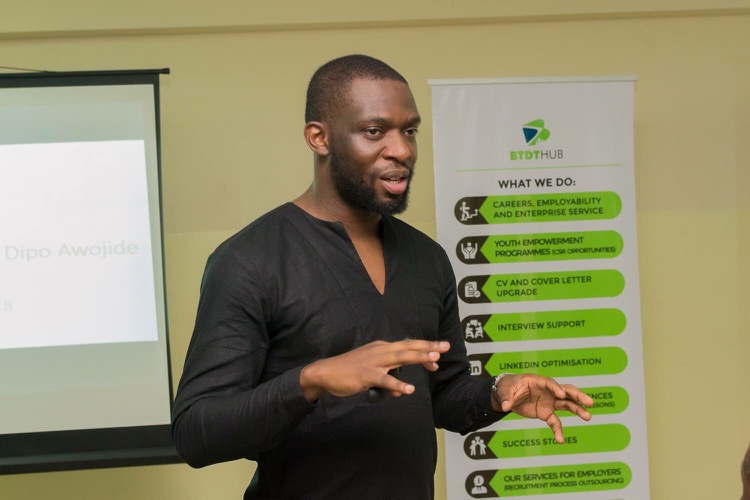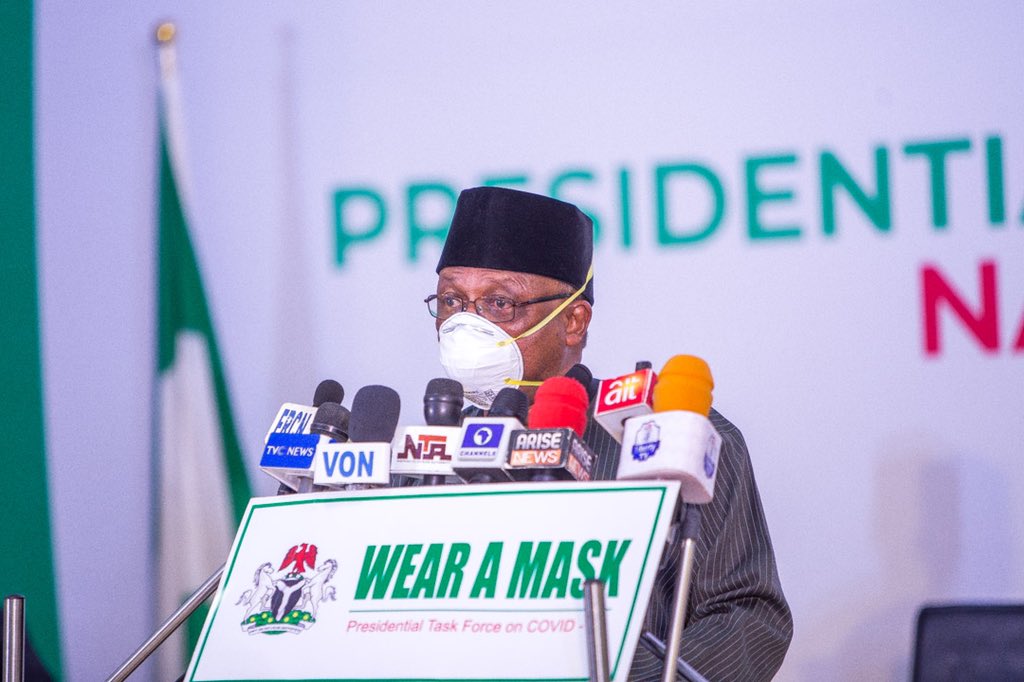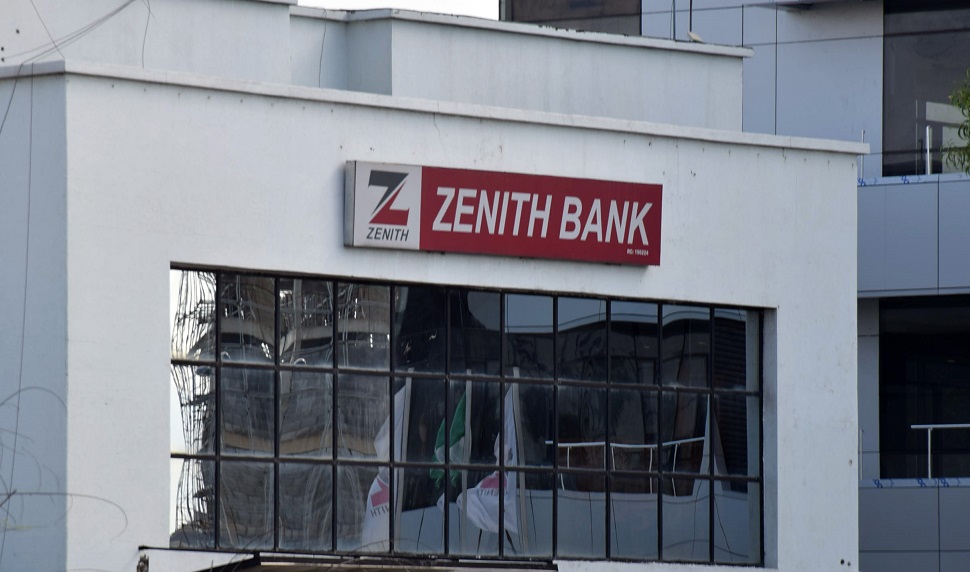Dipo Awojide, a senior lecturer in strategy at Nottingham Business School, United Kingdom, says full autonomy is the way to go to address the problem of funding in Nigerian public universities.
Awojide stated this on Thursday, while addressing the topic, “Education Financing: What is the Way Forward?”, in a virtual conversation tagged ‘Thursday Talks’.
The virtual conversation, which is held monthly to engage thought leaders, was moderated by Seun Onigbinde, director of BudgIT, and Yemi Adamolekun, director of Enough is Enough (EiE) Nigeria.
Speaking at the virtual conversation, Awojide called for full autonomy for public universities in Nigeria, especially in terms of funding and syllabus implementation, adding that government can support through grants.
Advertisement
“I perfectly believe that federal and state universities can be sustainable but they have to be innovative,” he said.
“Our university lecturers want autonomy. They do not want control and taking direction from the federal government, but they want money from the government.
“So, if you want autonomy, full autonomy is the way to go, so you decide what you want to do in terms of the syllabus, you decide how you make your money, you decide how you generate income, and how you spend that money.
Advertisement
“But, of course, the government can give grants to universities; from time to time, the government can support universities. In the UK, universities are fully autonomous and the UK government only just gives grants and supports either when they are struggling.
“I think one of the funding options, going forward, is full autonomy for universities; there are also other options.”
Awojide lamented the negative impact of incessant strike actions of the Academic Staff Union of Universities (ASUU) on the lives of students, and the education sector.
“Negligence is part of the problem. What is even more troubling for me is the negative impact of the endless strike and lack of visionary leadership on young people,” he said.
Advertisement
“Last year, undergraduate and postgraduate students were home for nine months, and from 1999 to 2020, our universities have been on strike for a combined period of 70 months; that comes up to about five years and eight months.
“So, in 20 years, we wasted five years and eight months roughly in the lives of young people. A lot of private companies in Nigeria, once you are above 25 and 26 years old, they won’t give you an opportunity to even prove yourself.”
Commenting on whether university education is compulsory for everyone, considering the enrollment expansion in public universities, he explained that everyone does not need to attend universities, adding that vocational education should also be prioritised.
“One hundred percent, no! We don’t all have to go to the universities. We have vocational schools and a lot need to tow the vocational line,” Awojide said.
Advertisement
“In the UK, for example, not everybody needs to go to the university. My mechanic drives a very good car, has a mortgage, and just like everyone else, earns a decent pay; even plumbers across the country.”
On his part, Onigbinde also called for more efforts to improve the education sector.
Advertisement






